Search
Showing results for "early life"
Research
The current state of play of rodent models to study the role of vitamin D in UV-induced immunomodulationUltraviolet radiation (UVR) from sunlight is immunomodulatory and the main source of vitamin D for humans.
Research
Altered lung structure and function in mid-childhood survivors of very preterm birthTo obtain comprehensive data on lung structure and function in mid-childhood from survivors of preterm birth.
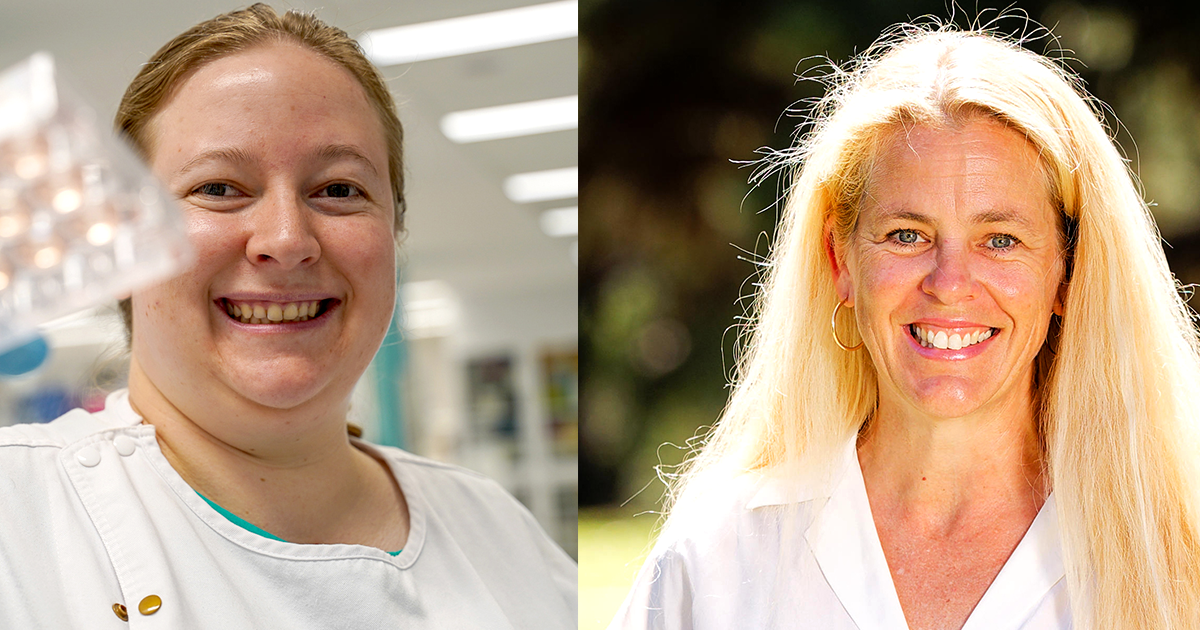
News & Events
Top researchers recognised for respiratory researchTwo leading researchers from The Kids received significant endorsements to advance their research at last night’s Thoracic Society of Australia and New Zealand and the Australian and New Zealand Society of Respiratory Science (TSANZSRS) Annual Scientific Meeting in Adelaide.
Research
Air Trapping on Chest CT Is Associated with Worse Ventilation Distribution in Infants with Cystic FibrosisIn school-aged children with cystic fibrosis (CF) structural lung damage assessed using chest CT is associated with abnormal ventilation distribution.
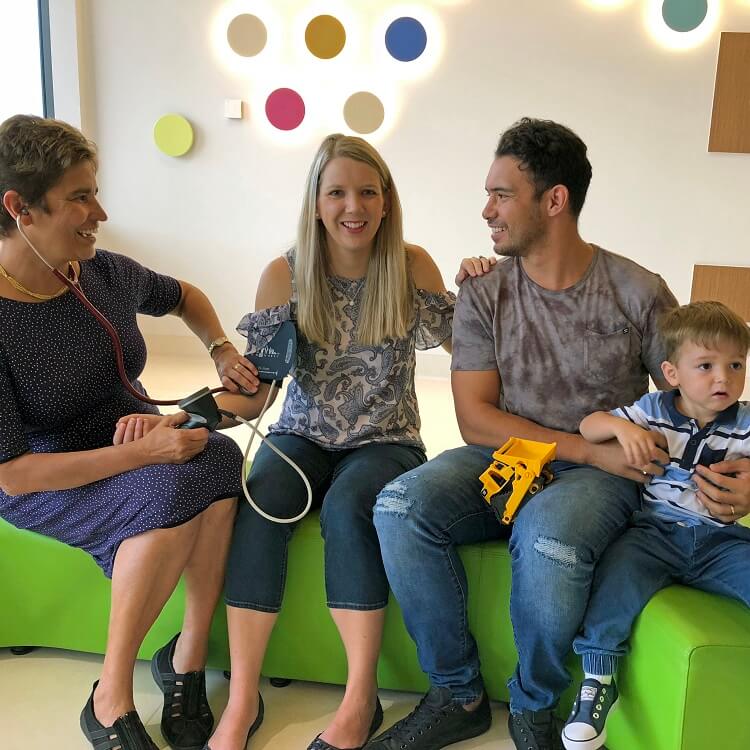
News & Events
ORIGINS reaches key milestoneORIGINS, a collaboration between The Kids and the Joondalup Health Campus, has achieved a major milestone – recruiting its 1000th family.
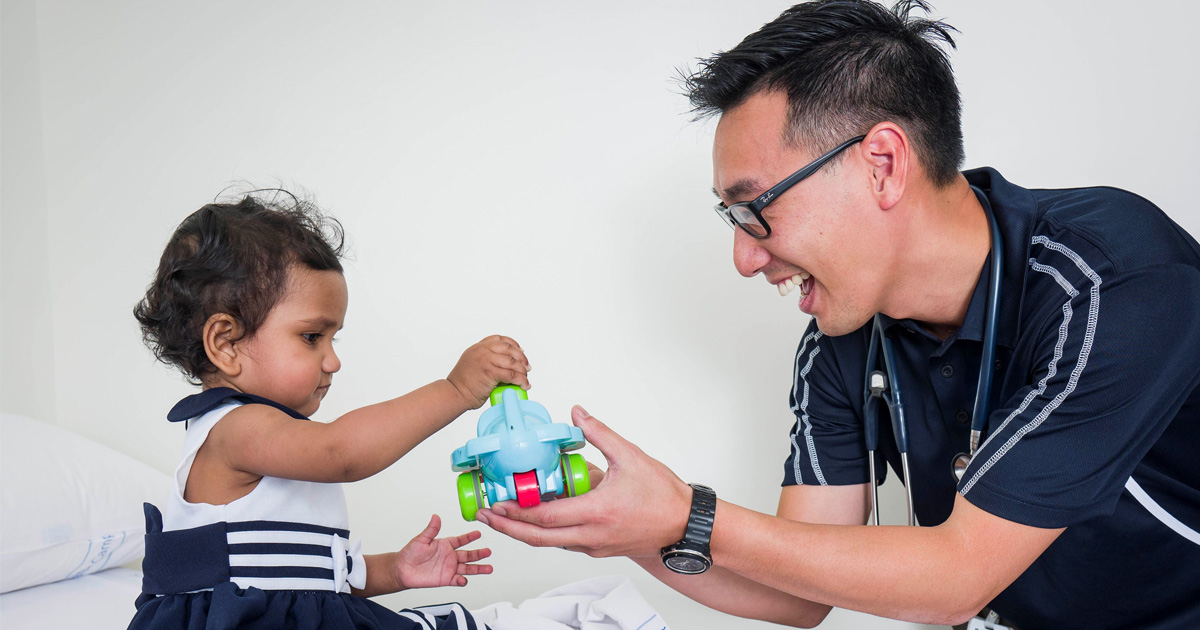
News & Events
Concern for toddlers as low iron levels affect one in threeA third of Western Australian one-year-olds and up to two thirds of three-year-olds have low iron, a study by The Kids Research Institute Australia has found.
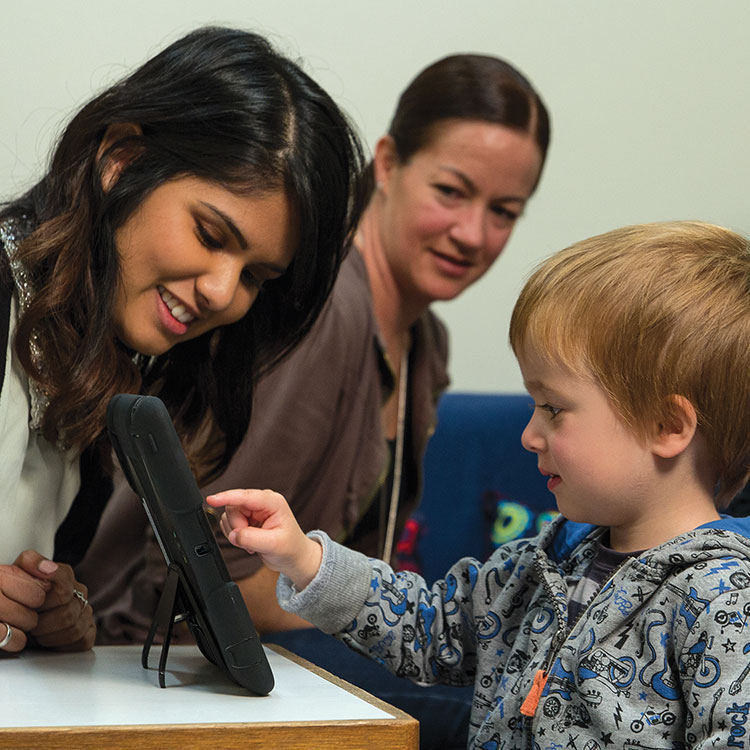
News & Events
Children with autism may benefit from app-based therapiesA The Kids Research Institute Australia study has shown that in addition to intervention with trained therapists, children with autism may benefit from app-based therapies.
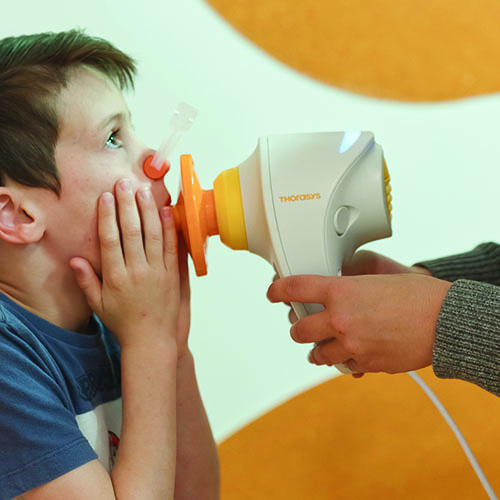
A new study is helping to identify treatment options to improve the lung function of premature babies, after it was determined survivors of preterm birth were at risk of declining lung health.
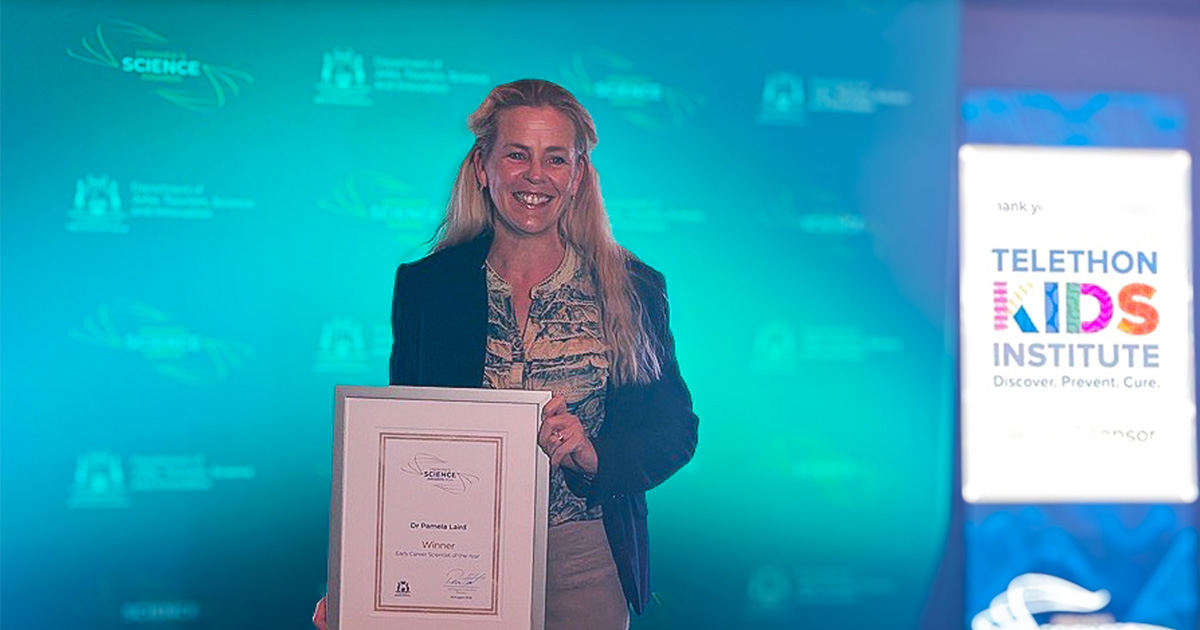
News & Events
Respiratory researcher named joint winner of prestigious Premier’s Science AwardCongratulations to respiratory health researcher and clinician Dr Pam Laird, who was last night named joint winner of Early Career Scientist of the Year at the 2024 Premier’s Science Awards.
Research
In vivo loss of tumorigenicity in a patient-derived orthotopic xenograft mouse model of ependymomaEpendymomas (EPN) are the third most common malignant brain cancer in children. Treatment strategies for pediatric EPN have remained unchanged over recent decades, with 10-year survival rates stagnating at just 67% for children aged 0-14 years. Moreover, a proportion of patients who survive treatment often suffer long-term neurological side effects as a result of therapy. It is evident that there is a need for safer, more effective treatments for pediatric EPN patients.
